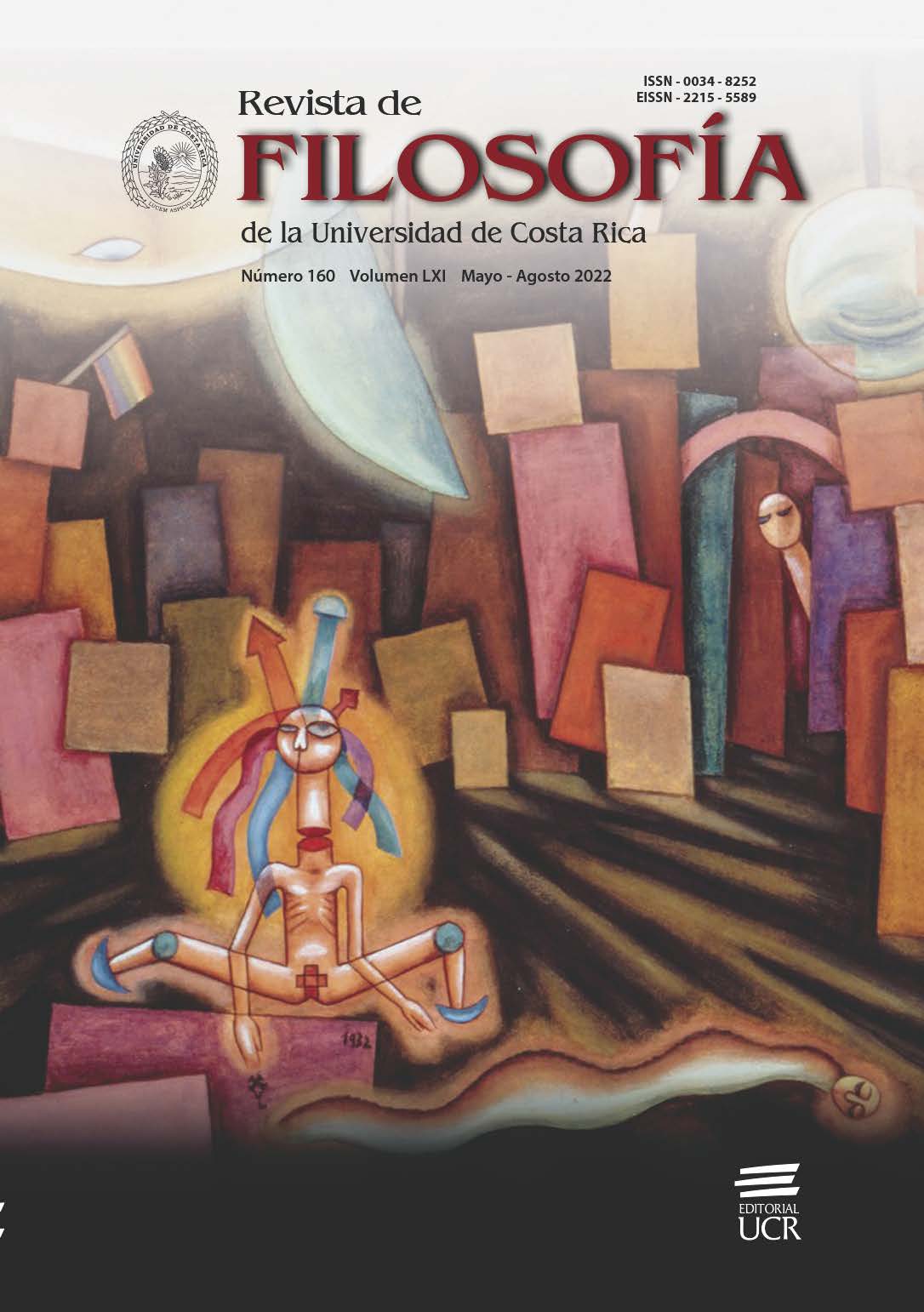Abstract
This article investigates the interrelation of two frames of representation about yoga in the Mahābhārata: as a magic power to control reality and as a technique to die in an attitude of emancipative renunciation. To that end, the article analyzes the story of young Śuka (12.309-320). Based on selected key passages translated for the first time into Spanish, it is shown that the story reconciles different visions about yoga, projecting thus an image of harmonic totality in which narrative plays a crucial role, ignored to date. Hence, conceived as the perfect model, Śuka’s yoga is an ideal point of entry to explore the relations between yoga, philosophy and literature in classical India.
##plugins.facebook.comentarios##

This work is licensed under a Creative Commons Attribution-NonCommercial-NoDerivatives 3.0 Unported License.
Copyright (c) 2022 Óscar Figueroa

